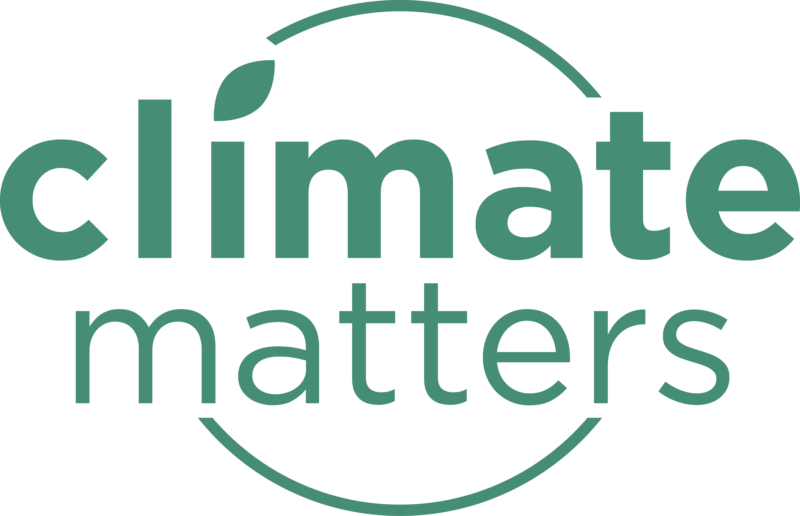Ankündigung: Berichterstattung zum K3 Kongress zu Klimawandel, Kommunikation & Gesellschaft

Am 24. und 25. September 2019 findet der deutschsprachige Klimakommunikationskongress K3 zum zweiten Mal statt – dieses Mal am Karlsruher Institut für Technologie (KIT).
“The Kids Are All Right – Adults Are the Climate Change Problem” by Max Boykoff

There is an interesting new comment by Prof. Max Boykoff on our partner blog from the Center for Science and Technology Policy Research in Boulder, Colorado/USA. He describes how older adults try to diminish climate engagement promoted by young activists – and calls for more support: “Trust in this next generation of leaders”. Read […]
New Post series: “Climate Change in Pop Culture” – Part 1: YA Novels

As climate change has become a topic intersecting many domains of our lives, it is hardly surprising that it has also made its way into pop culture. In a series of short posts, we are going to present examples of novels, songs and films dealing with the topic of climate change.
New post series: “Explain your Jargon” – Part 1: What is a climate model?
A video series of climate change jargon busting. Climate models, geoengineering, loss and damage – those are some of the confusing terminologies that you’ll stumble upon when reading about climate change and climate politics. Communicating climate change is a challenge. Most science journalists face difficulty in writing about technical notions that are hard to grasp. […]
Oceans will change colour due to Climate Change
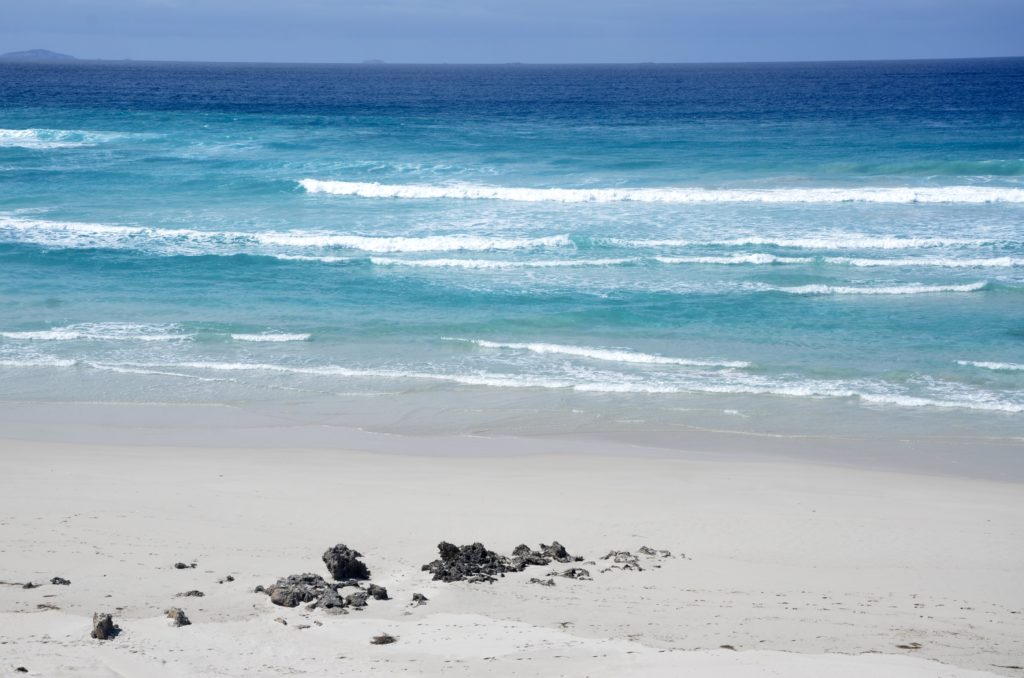
Blue like the ocean. This saying could be overrun already by the end of this century. Our grandchildren might not see the oceans as we see them now. Scientists predict that the world’s largest waters will turn rather green due to climate change.
Erschienen im Hamburger Abendblatt: Hamburg sollte dem Spuk mit den E-Scootern ein Ende machen
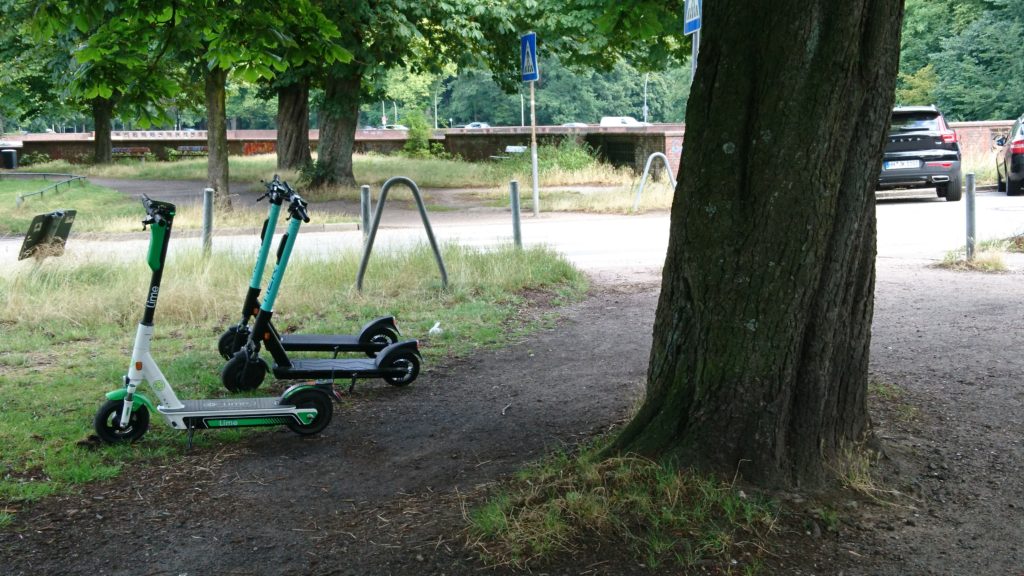
https://www.abendblatt.de/meinung/article226570497/Hamburg-sollte-dem-Spuk-mit-den-E-Scootern-ein-Ende-machen.html Jetzt hat Bundesverkehrsminister Andreas Scheuer (CSU) aber gezeigt, dass er etwas schaffen kann. Nur anderthalb Monate nachdem er seine Lieblingsidee von E-Scootern in deutschen Städten durch den Bundesrat gejagt hat, liegen sie bereits überall im öffentlichen Raum herum. Leider wird damit kein Problem gelöst, sondern eins geschaffen.
Wer vertraut denn heute noch den Medien?
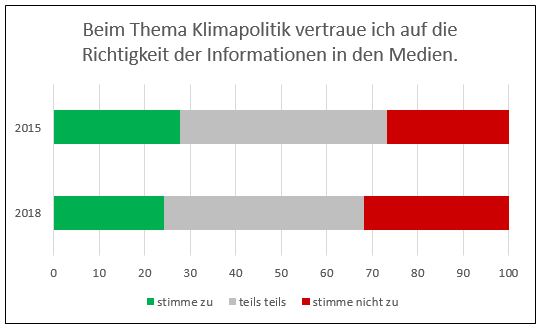
Ein durchaus besorgniserregender Befund unserer Forschung ist ein mangelndes Vertrauen der deutschen Bevölkerung in die Medienberichterstattung zum Klimawandel. In der deutschlandweiten Umfrage unseres Projekts „Down to Earth“ war die größte Gruppe unentschlossen, ob sie den Medien bei diesem Thema vertrauen soll. Die zweitgrößte Gruppe vertraute den Medien nicht; nur eine Minderheit vertraute ihnen (siehe Grafik). […]
Results from survey: What do people eat in Hamburg? (Part II)
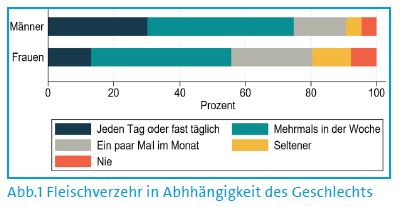
In a second flyer (in German), the sub-project team from Prof. Stefanie Kley presents more results from their representative telephone survey in Hamburg, taking a look at factors explaining different eating habits. They found that there is a gender difference (women eat less meat than men) and also an influence of education (people with a […]
New publication: Scientific networks on Twitter
Scientists communicate online via social media about climate change. They engage with other scientists as well as with journalists, civil society and politicians. To what extent and how their language use varies depending on whom they talk to was examined by Stefanie Walter, Ines Lörcher and Michael Brüggemann by combining network and automated content analysis. […]
Lecture Series Sustainable Lives
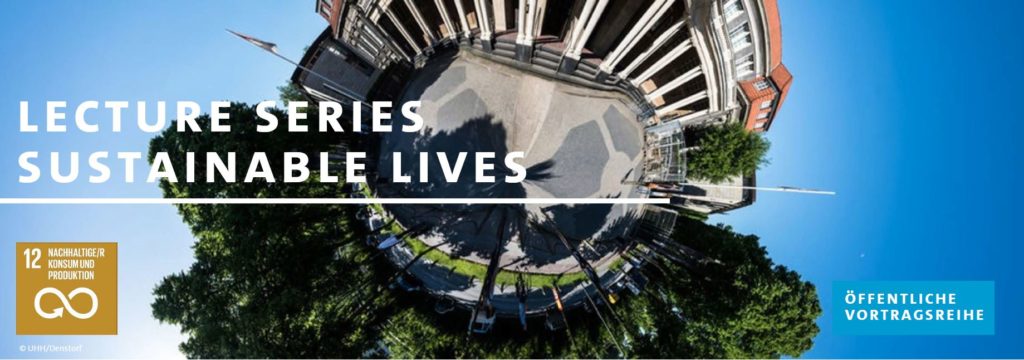
Accompanying our research project on sustainable food choices, our team is currently organizing a public lecture series on the topic of sustainable lifestyles. In three events from April to June 2019, international guests will present their work concerning different aspects of the topic. The lectures cover Digital Foodscapes, Public Perceptions and Engagement with Climate Change […]
